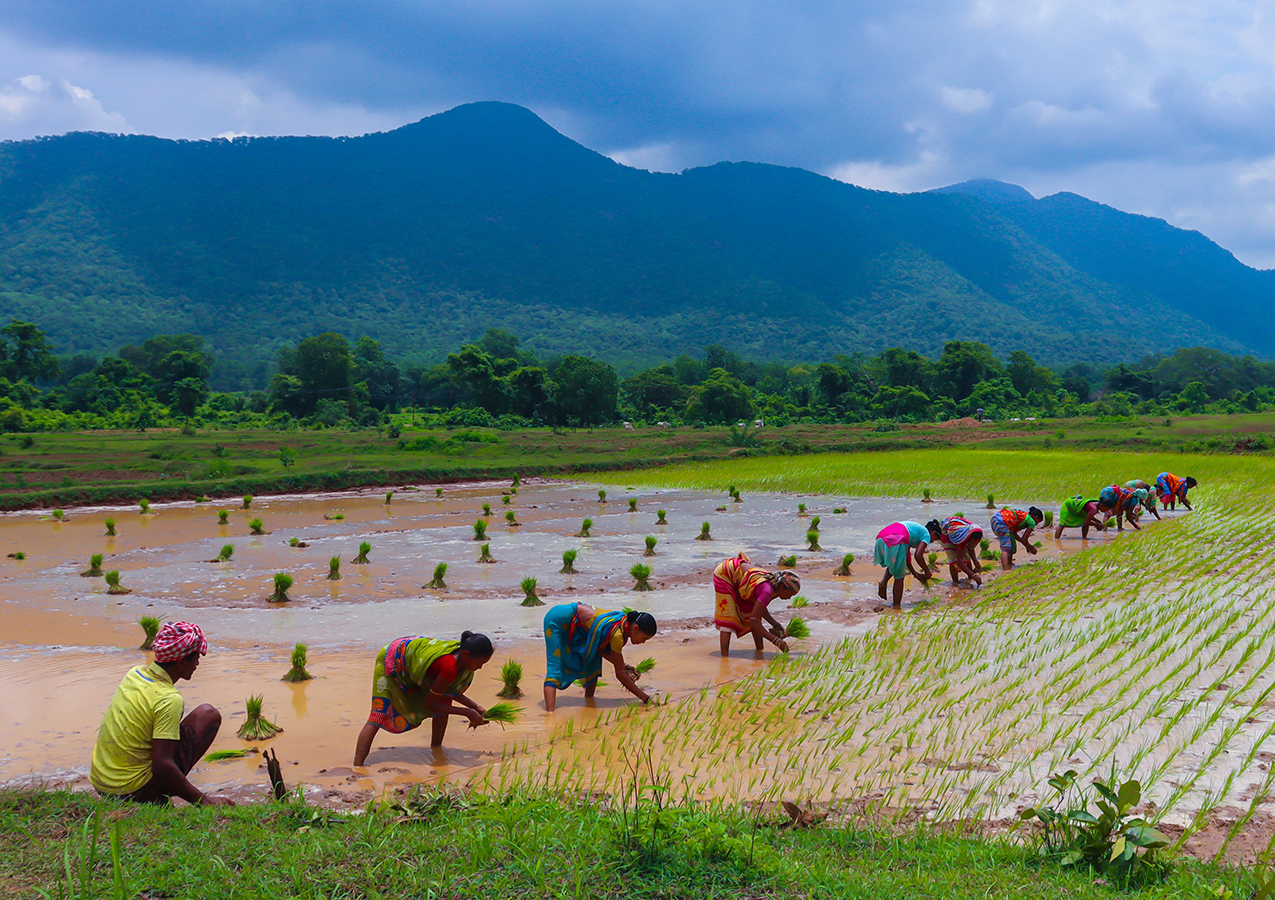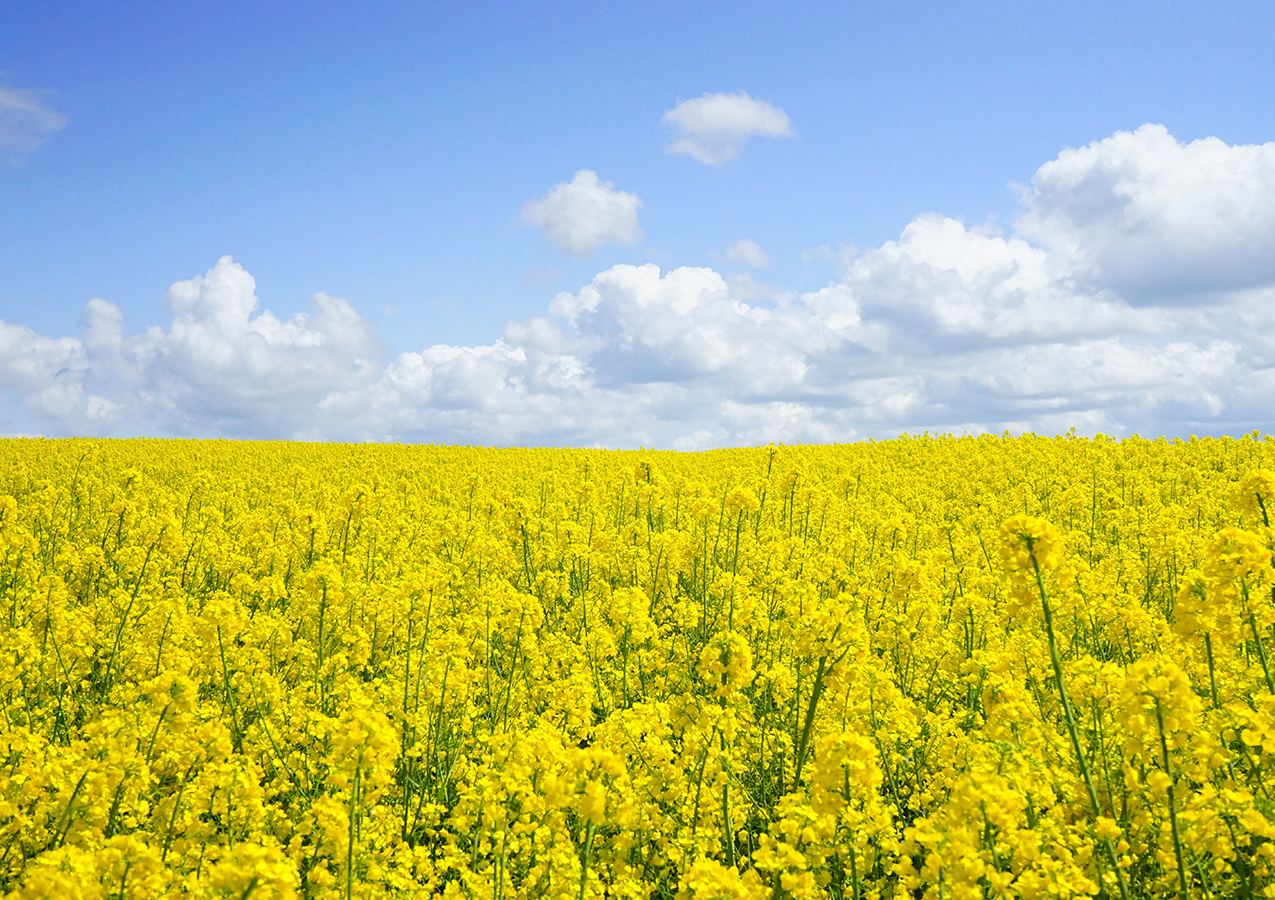This rigorous new standard promotes farming that enriches rather than degrades soil and values animals and workers.
Urban Remedy is proud to serve Lotus Foods Basmati Rice in the NEW Burrito Bowl and Organic Chickpea Coconut Curry with Kale Dinner! Now, this beautiful Basmati Rice is the first Regenerative Organic Certified® (ROC® Silver) Rice. This rigorous new standard promotes farming that enriches rather than degrades soil and values animals and workers.
One of the few authentic traditional basmati varieties still in production, Lotus Foods’ heirloom basmati is grown on family farms in Northern India. Its exceptional aroma, flavor, and texture are what made basmati one of the most beloved rice in the world. It is nutty and floral, with a kick, and cooks up soft and fluffy. Basmati, one of the world’s best-loved rice due to its unique flavor, fragrance, and long slender grains, originated centuries ago in the foothills of the Himalayas. Today, though, most basmati rice is no longer genetically pure, having been interbred with other varieties for yield and commercial monoculture production, which affect the flavor. Lotus Foods’ heirloom basmati is among the few remaining basmati varieties that qualify as “authentic” and is grown on family farms in the region of origin in northern India. We are committed to preserving this exceptional rice while improving farmers’ livelihoods.
Regenerative Organic standards are comprised of three pillars: Soil Health and Land Management; Animal Welfare; and Farmer and Worker Fairness.
In 2018, Lotus Foods was one of 19 brands (including Dr. Bronner’s, Patagonia, and Rodale Institute) and farms, selected to pilot the Regenerative Organic standards, which are comprised of three pillars: Soil Health and Land Management; Animal Welfare; and Farmer and Worker Fairness. The goal of the pilot process was to develop a greater understanding of how ROC standards can be implemented at the field level and use that experience in finalizing the standards for adoption worldwide. It has paid off!
According to Regenerative International, “Regenerative Agriculture” describes farming and grazing practices that, among other benefits, reverse climate change by rebuilding soil organic matter and restoring degraded soil biodiversity – resulting in both carbon draw-down and improving the water cycle. Regenerative organic agriculture not only maintains resources but improves them. A white paper published by the Rodale Institute in 2014 and recently updated asserts that “global adoption of regenerative practices across both grasslands and arable acreage could sequester more than 100% of current anthropogenic emissions of CO2.”
“ These farmers, have been trained to use System of Rice Intensification (SRI) methods, which we call More Crop Per Drop™ ” – Lotus Foods’ Co-CEO, Caryl Levine
“We couldn’t be more thrilled,” says Lotus Foods Co-Founder/Co-CEO Caryl Levine. “These farmers, who have been trained to use System of Rice Intensification (SRI) methods, which we call More Crop Per Drop™, have demonstrated that it is very feasible to generate important economic and environmental benefits like increasing yields of traditional varieties, reducing water use and methane emissions and also be regenerative.”
Adds Ken Lee, also Lotus Foods Co-Founder/Co-CEO, “We’d like to express our gratitude to Tapan Ray, our supply partner in India, for his pioneering support of SRI farming practices and commitment to the ROC pilot process. And to Dr. Bronner’s for their encouragement. It was a pleasure to work with the Regenerative Organic Alliance (ROA) and NSF International implementing teams and professionals at EcoCert, who conducted the field audit.”
For more Lotus Foods information and product offerings, visit Lotus Foods online and follow them on Instagram, Facebook and Twitter.
On the go and want to learn more? Now you can scan the QR Code on the side of your NEW Burrito Bowl and listen to the UR Love Podcast episode hosted by Neka Pasquale, with Lotus Foods’ founders Caryl and Ken!
Link below!



